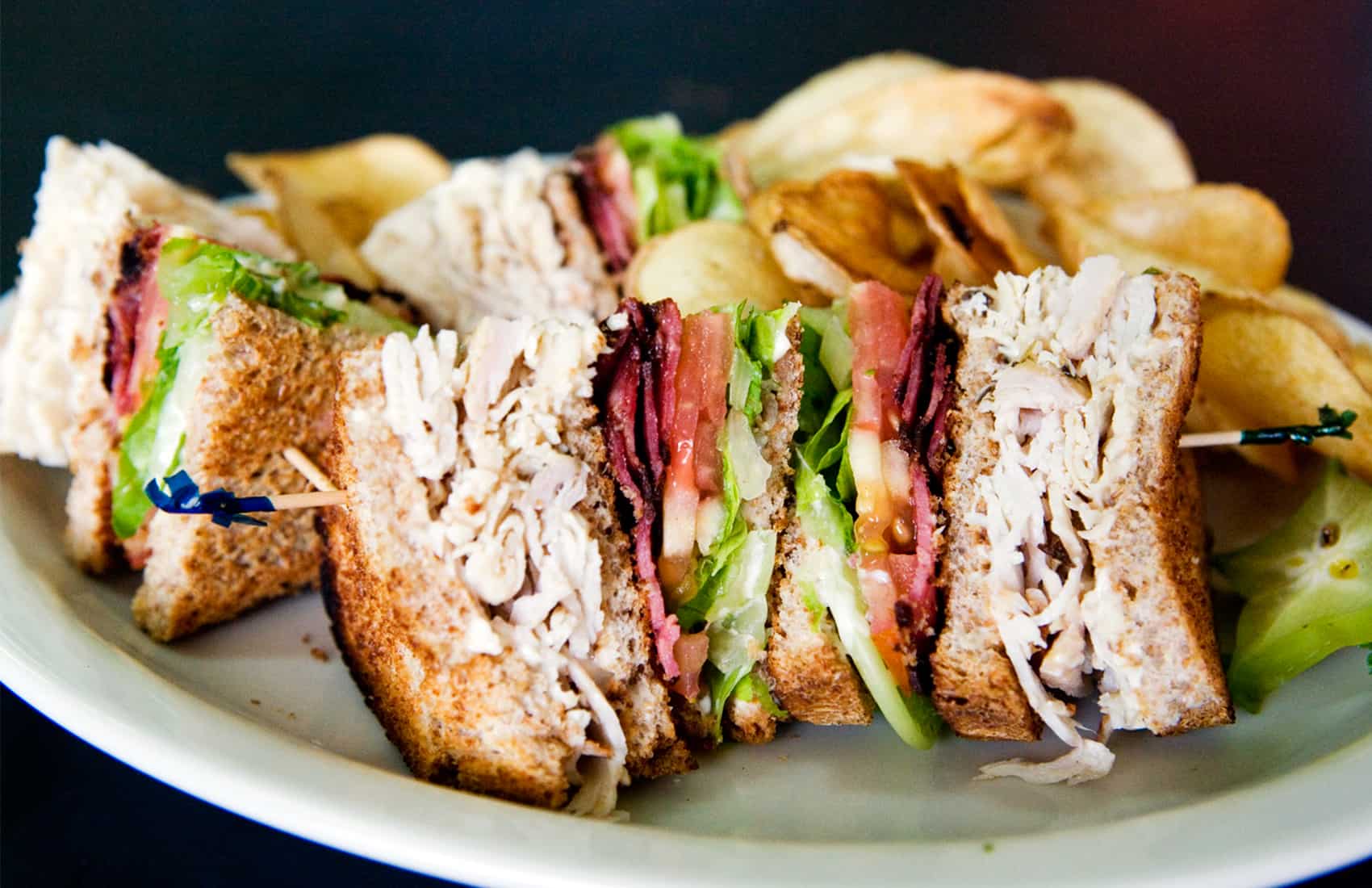Leaders of the Costa Rica Food Industry Chamber (CACIA) have agreed to reduce average salt/sodium levels by 15 percent in their products by 2018.
Health Minister Fernando Llorca Castro signed the agreement with the food industry group last week with the goal of getting people to eat more healthy food and promote better lifestyles. The agreement outlines a list of foods to be produced using less salt by 2018 (see below). The list includes various types of breads, pastries, cookies, sauces, condiments and charcuterie.
The agreement is one of the goals of the “National plan to reduce consumption of salt/sodium in the population,” outlined in 2014 by the Public Health Ministry and the Costa Rican Nutrition and Health Research Institute (INCIENSA).
The plan’s main objective is to reduce sodium intake among Costa Ricans as a measure to reduce deaths from chronic diseases such as hypertension and cardiovascular disease, linked by various studies to high salt intake.
CACIA President José Manuel Hernando said the salt reduction agreement is part of the food industry’s efforts to improve public health in Costa Rica.
Hernando said that in recent years, local businesses have increased their offerings of products low in sugar, fat and salt. Companies are also offering more products with high fiber, probiotics, vitamins and minerals. “In addition, our associates eliminated the use of trans fats from their production processes,” he said.
Salt: A public health risk
The World Health Organization in 2013 published the Global brief on hypertension, a document that describes why, in the early 21st century, hypertension is a global public health issue. It explains how hypertension contributes to the burden of heart disease, stroke and kidney failure and premature death and disability.
Data from the Health Ministry indicates that excessive intake of salt/sodium is directly linked to problems with high blood pressure currently affecting six out of 10 Tico adults, four of them women.
Last year INCIENSA released results of an investigation which found that Costa Ricans consume, on average, 3.9 grams of sodium each day. INCIENSA nutritionists say the daily limit should be 2 grams.
Recommended: Costa Rican diet includes too much salt, processed food, experts say
A survey of chronic diseases and cardiovascular risk factors conducted in 2012 by the Social Security System, or Caja, found that 42 percent of people between 40 and 64 suffer from a chronic disease. The figure rises to 68 percent for people 65 or older.
Caja’s study also found that care and treatment of patients with hypertension and heart disease that year cost $160 million, representing 3.5 percent of the country’s public health budget.
Results from that study were used in drafting the national plan to reduce salt consumption, which also outlines actions for regulating public school cafeteria food. The plan prohibits the sale in public schools of processed foods and those with high contents of sugar, fat and sodium.
The Health Ministry has also prepared brochures and other print documents such as the “Dietary Guidelines for Costa Rica,” which are distributed in public hospitals and Health Ministry offices.
The Dietary Guidelines include recommendations for maintaining adequate blood pressure levels and advice on the benefits of reducing daily intake of salt, fat and processed foods.
It also promotes physical activity: Caja’s survey found that 60 percent of the population age 20 years and over do not exercise regularly.






